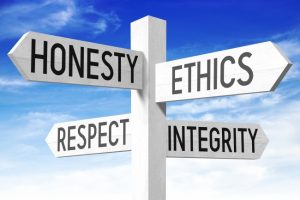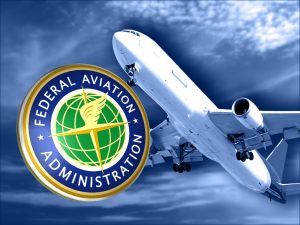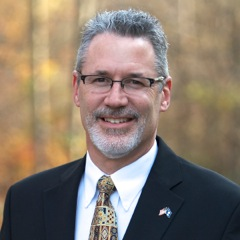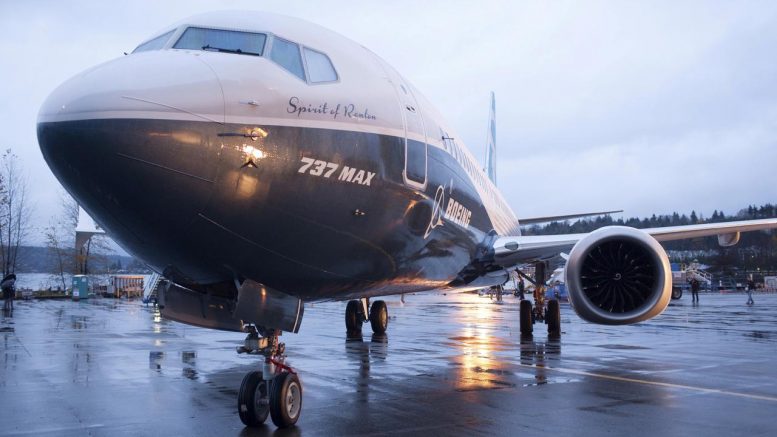The recent reports about production short cuts, blind-eye approvals, optional safety devices, and corporate management failures have been painful to read. I can’t comment on the truthfulness of the statements made about Boeing and their senior managers as I certainly don’t know all the facts.
 I spent a significant part of my professional career at Boeing. I have always known Boeing to be a world class organization. I still believe that to be true. I also believe that Boeing’s senior management team is comprised of some of the most conscientious engineers and managers that I have ever known.
I spent a significant part of my professional career at Boeing. I have always known Boeing to be a world class organization. I still believe that to be true. I also believe that Boeing’s senior management team is comprised of some of the most conscientious engineers and managers that I have ever known.
This editorial does not intend to legitimize any complaint in the recent press or under-appreciate the pain of families who lost loved ones in the two recent 737 MAX accidents. Nor is it my intent to insinuate ethical failure of any employee of the Boeing Company or the Federal Aviation Administration (FAA).
However, I believe we should use these tragedies as opportunity to examine our commitment to ethics, particularly in the field of engineering and strengthen our resolve to embrace the highest level of ethical standards.
After some of the 737 MAX reports broke, I was asked at a local NSPE chapter meeting if the problems with the 737 MAX would have been avoided if companies like Boeing were required to employ Professional Engineers (PE) in senior positions. “Could PE oversight have made a difference?”
In one of my previous editorials, I provided a high-level overview of the aircraft regulatory process and the comparison of the Designated Engineering Representative (DER) to a PE. DER’s are authorized by the FAA to ensure compliance with the regulatory process. The primary mission of the FAA is aircraft safety.
Both the DER and PE processes are similar, however, in some ways the DER process has even tighter control and oversight. Both require that its representative work within the limits of their competency and authority. Each is expected to behave with ethical integrity. Again, any process is only as good as its weakest link.
Stable and effective processes are dependent on proper execution and controls. An automated system is a good example of a controlled process. These systems are designed to repeat the same operations multiple times. Each operation will yield the same results. These systems do not have to make any “judgments” outside of the machine programming.
Fail-safe mechanisms are developed to continue operations when a part of the system fails. Although artificial intelligence is making strides, these systems are still not able to replace the human brain and are not able to make complex choices. The engineering and design process is not an automated system performed by robots. The process requires human judgment.
 As a professional engineer, ethical behavior is paramount. The public trusts a professional engineer to make decisions that will protect them from harm. An ethical failure could be succumbing to schedule pressures and releasing a product that is not fully tested or proven. Another example could be short cutting to save a few dollars.
As a professional engineer, ethical behavior is paramount. The public trusts a professional engineer to make decisions that will protect them from harm. An ethical failure could be succumbing to schedule pressures and releasing a product that is not fully tested or proven. Another example could be short cutting to save a few dollars.
At KTM Solutions, all engineering releases require peer reviews to ensure the work product is correct. If the checker decided to approve a drawing without checking, that is an ethical failure. Ethical failures can result in catastrophic consequences.
The FAA certification process is a good system, but like the PE process, it is dependent on the ethics of those who  participate in the process. Aircraft companies and those involved in the certification process have the ethical responsibility to provide a safe aircraft. The public trusts these participants to perform their responsibility ethically.
participate in the process. Aircraft companies and those involved in the certification process have the ethical responsibility to provide a safe aircraft. The public trusts these participants to perform their responsibility ethically.
The public doesn’t care about excuses or reasons for compromise. They expect that safety would never be a bargaining chip or something that should be up for discussion. The process requires that the human being will operate with high integrity.
With recent events, the aerospace industry is getting a lot of attention, but other industries have equal responsibility to behave ethically to protect public safety. Whether your company develops sophisticated machinery, provides a service that supports a major manufacturer, or is developing the next urban mobility system, your ethics are paramount.
Do employees understand the consequences of their decisions in the work they perform? Do employees have the capacity to address ethical issues and expect support from management to correct problems? What have you put into place to make sure that your organization is not subject to an ethical failure? If you are an employee, do you have the ability to raise ethical issues and do you know what you should do in a high pressure situation? The time to consider these questions is now. Where is your weakest link?
 Paul V. Kumler, P.E. is president of KTM Solutions, an engineering company that services the aerospace and large scale manufacturing industries. In addition to aero structures engineering services, KTM Solutions designs and builds tooling supporting a broad clientele and various industries. The company is headquartered in Greer, South Carolina with remote offices in Charleston, South Carolina. Mr. Kumler serves in several volunteer roles including the SC Aerospace Advisory Board. Mr. Kumler, a professional engineer, is licensed in Louisiana, South Carolina, Texas and Washington. He is married to Ginger A. Kumler and has two grown children and two grand children.
Paul V. Kumler, P.E. is president of KTM Solutions, an engineering company that services the aerospace and large scale manufacturing industries. In addition to aero structures engineering services, KTM Solutions designs and builds tooling supporting a broad clientele and various industries. The company is headquartered in Greer, South Carolina with remote offices in Charleston, South Carolina. Mr. Kumler serves in several volunteer roles including the SC Aerospace Advisory Board. Mr. Kumler, a professional engineer, is licensed in Louisiana, South Carolina, Texas and Washington. He is married to Ginger A. Kumler and has two grown children and two grand children.



Be the first to comment on "A Question of Ethics"